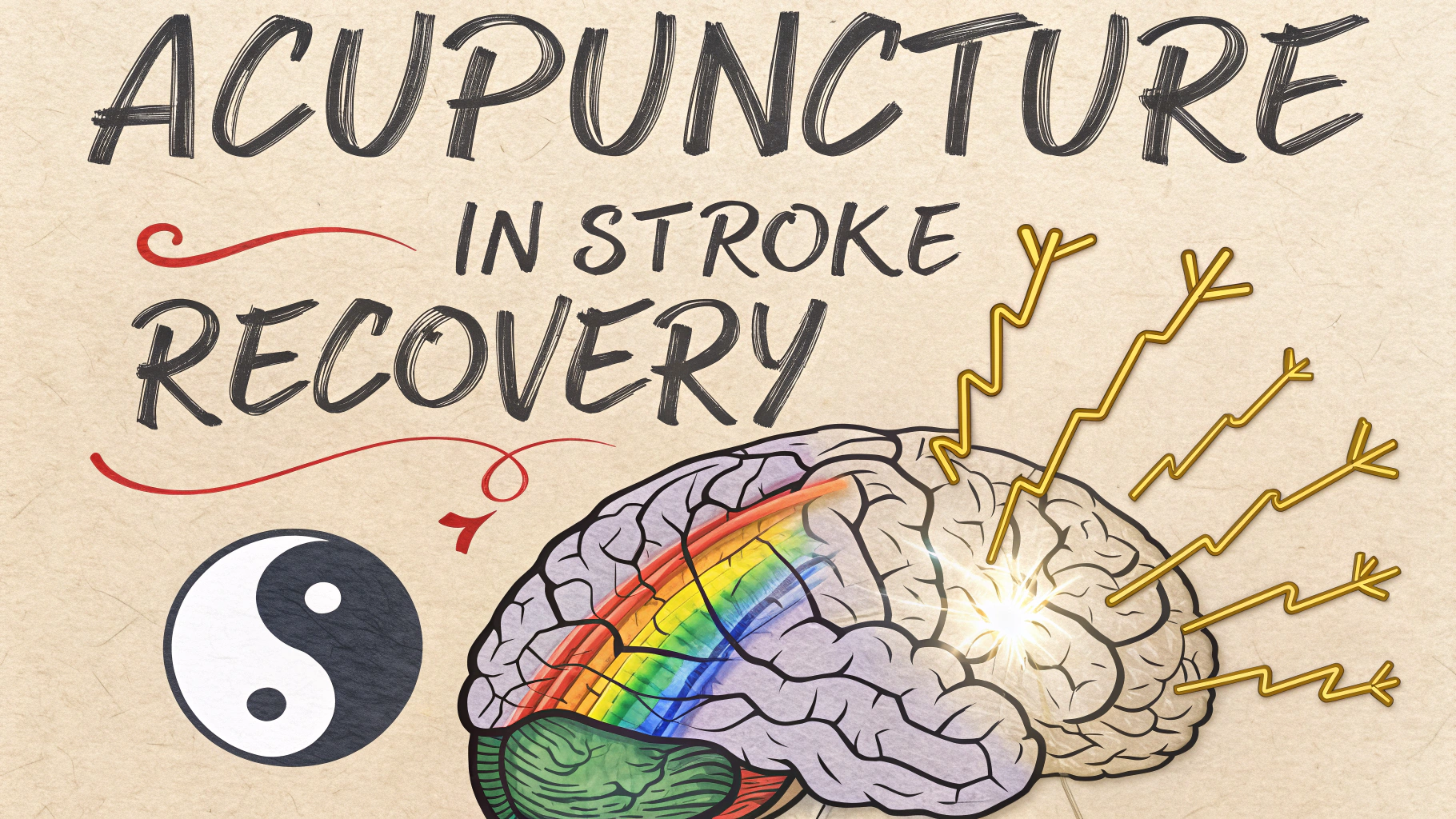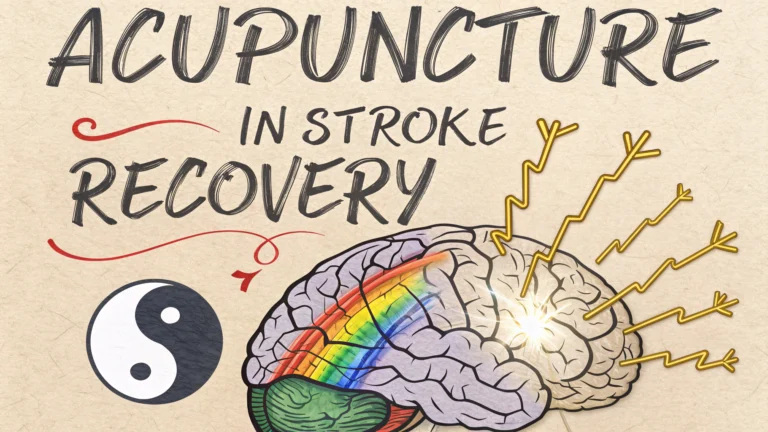Acupuncture offers a natural approach to managing chronic fatigue syndrome (CFS) by targeting specific energy pathways in the body.
Research shows that regular acupuncture sessions can help reduce fatigue symptoms and improve energy levels in CFS patients.
This guide explains how acupuncture works for chronic fatigue and provides practical information about treatment options.
How Acupuncture Helps with Chronic Fatigue
Acupuncture stimulates specific points along meridians to balance the body’s energy flow (qi).
- Increases blood flow and oxygen delivery to tissues
- Reduces inflammation throughout the body
- Balances the nervous system
- Supports better sleep patterns
- Strengthens immune system function
Treatment Schedule and Duration
A typical treatment plan for chronic fatigue includes:
Phase
Frequency
Duration
Initial
2-3 times per week
4-6 weeks
Maintenance
Once per week
4-8 weeks
Follow-up
Monthly
As needed
Common Acupuncture Points for Fatigue
- Stomach 36 (ST36) – Located below the knee, energizes the body
- Spleen 6 (SP6) – Found above the ankle, supports energy production
- Kidney 3 (KI3) – Behind the inner ankle, strengthens overall vitality
- Large Intestine 4 (LI4) – On the hand, reduces stress and tension
Finding a Qualified Practitioner
Look for these qualifications when choosing an acupuncturist:
- NCCAOM certification (National Certification Commission for Acupuncture and Oriental Medicine)
- State license to practice
- Experience treating chronic fatigue
- Professional membership in organizations like the American Association of Acupuncture and Oriental Medicine (AAAOM)
Complementary Treatments
Consider combining acupuncture with:
- Chinese herbal medicine
- Gentle exercise like tai chi or qigong
- Stress reduction techniques
- Dietary modifications
What to Expect During Treatment
A typical acupuncture session includes:
- Initial consultation (30-45 minutes)
- Needle insertion (15-20 minutes)
- Relaxation period (20-30 minutes)
- Post-treatment assessment
Cost and Insurance Coverage
Treatment costs typically range from $50-150 per session.
- Many insurance plans now cover acupuncture
- Check with your provider about coverage limits
- Some practitioners offer sliding scale payments
- FSA/HSA accounts often cover treatments
Moving Forward with Treatment
Contact the NCCAOM directory (www.nccaom.org) to locate certified practitioners in your area.
Safety and Precautions
While acupuncture is generally safe, be aware of these important considerations:
- Inform your practitioner about medications and health conditions
- Report any unusual symptoms during treatment
- Ensure sterile needles are used
- Follow post-treatment care instructions
Monitoring Progress
Track your progress throughout treatment using these methods:
- Keep a symptom diary
- Rate energy levels daily (1-10 scale)
- Document sleep quality
- Record any changes in medication needs
When to Expect Results
Treatment response varies by individual:
- Initial improvements: 4-6 sessions
- Significant changes: 8-12 weeks
- Long-term benefits: 3-6 months of consistent treatment
Taking Control of Your Health Journey
Incorporating acupuncture into your chronic fatigue management plan can be a powerful step toward recovery. Remember to:
- Maintain regular treatment schedules
- Combine with other recommended lifestyle changes
- Stay patient with the healing process
- Work closely with your healthcare team
- Trust in your body’s natural healing abilities
FAQs
- What is acupuncture and how does it help with chronic fatigue?
Acupuncture is a traditional Chinese medicine practice involving the insertion of thin needles into specific points on the body. It helps chronic fatigue by stimulating the nervous system, improving energy flow, reducing inflammation, and balancing the body’s natural energy systems. - How many acupuncture sessions are typically needed to see improvements in chronic fatigue?
Most patients require 6-12 sessions initially, with treatments scheduled 1-2 times per week. Improvement is often noticed after 4-6 sessions, though individual responses vary. - Are there any side effects of using acupuncture for chronic fatigue?
Common minor side effects include slight bruising, minor soreness at needle sites, and temporary fatigue after treatment. Serious side effects are rare when performed by a licensed practitioner. - Can acupuncture be combined with conventional treatments for chronic fatigue?
Yes, acupuncture can safely complement conventional treatments, medications, and lifestyle modifications for chronic fatigue. Always inform your healthcare providers about all treatments you’re receiving. - What specific acupuncture points are targeted for chronic fatigue?
Common points include Stomach 36 (ST36), Spleen 6 (SP6), Kidney 3 (KI3), and Governor Vessel 20 (GV20), which are known to boost energy, improve sleep, and strengthen immune function. - How long do the effects of acupuncture treatment for chronic fatigue last?
Effects typically last several days to weeks after each session. With continued treatment, benefits can become more sustained, often requiring only monthly maintenance sessions. - Is acupuncture covered by insurance for chronic fatigue treatment?
Coverage varies by insurance provider and policy. Many insurance plans now offer some coverage for acupuncture, particularly with a diagnosis from a medical doctor. - What qualifications should I look for in an acupuncturist treating chronic fatigue?
Look for practitioners licensed by the state board, certified by the National Certification Commission for Acupuncture and Oriental Medicine (NCCAOM), and experienced in treating fatigue conditions. - How should I prepare for an acupuncture session for chronic fatigue?
Eat a light meal 2-3 hours before treatment, wear loose-fitting clothes, avoid caffeine and alcohol, and bring any relevant medical records or diagnoses. - Can acupuncture help with sleep problems associated with chronic fatigue?
Yes, acupuncture can improve sleep quality by regulating the body’s circadian rhythm, reducing anxiety, and balancing neurotransmitters that affect sleep patterns.
Author: AcupunctureMy
Related Posts
Acupuncture Research Standards
Research Corner
|
methodology, science
Research standards in acupuncture have evolved significantly over the past decades to ensure reliable, evidence-based results that can be replicated across different studies. The integration of modern scientific methods with ... Read more
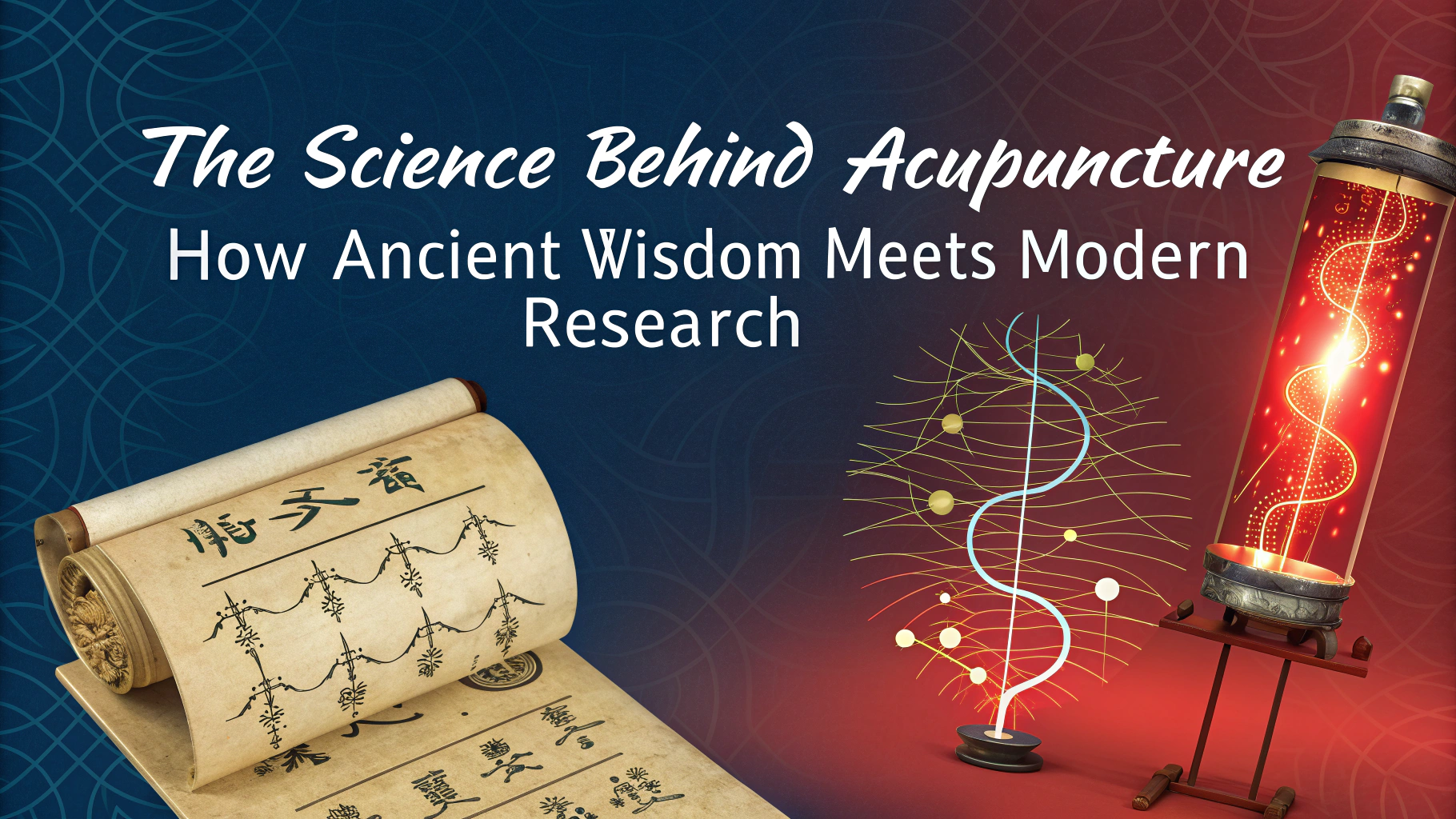
Understanding Treatment Duration
Treatment Guides
|
expectations, planning
The length of an acupuncture treatment plan varies significantly based on individual health conditions and treatment goals. A typical acupuncture session lasts between 30-60 minutes, with the needles remaining in ... Read more
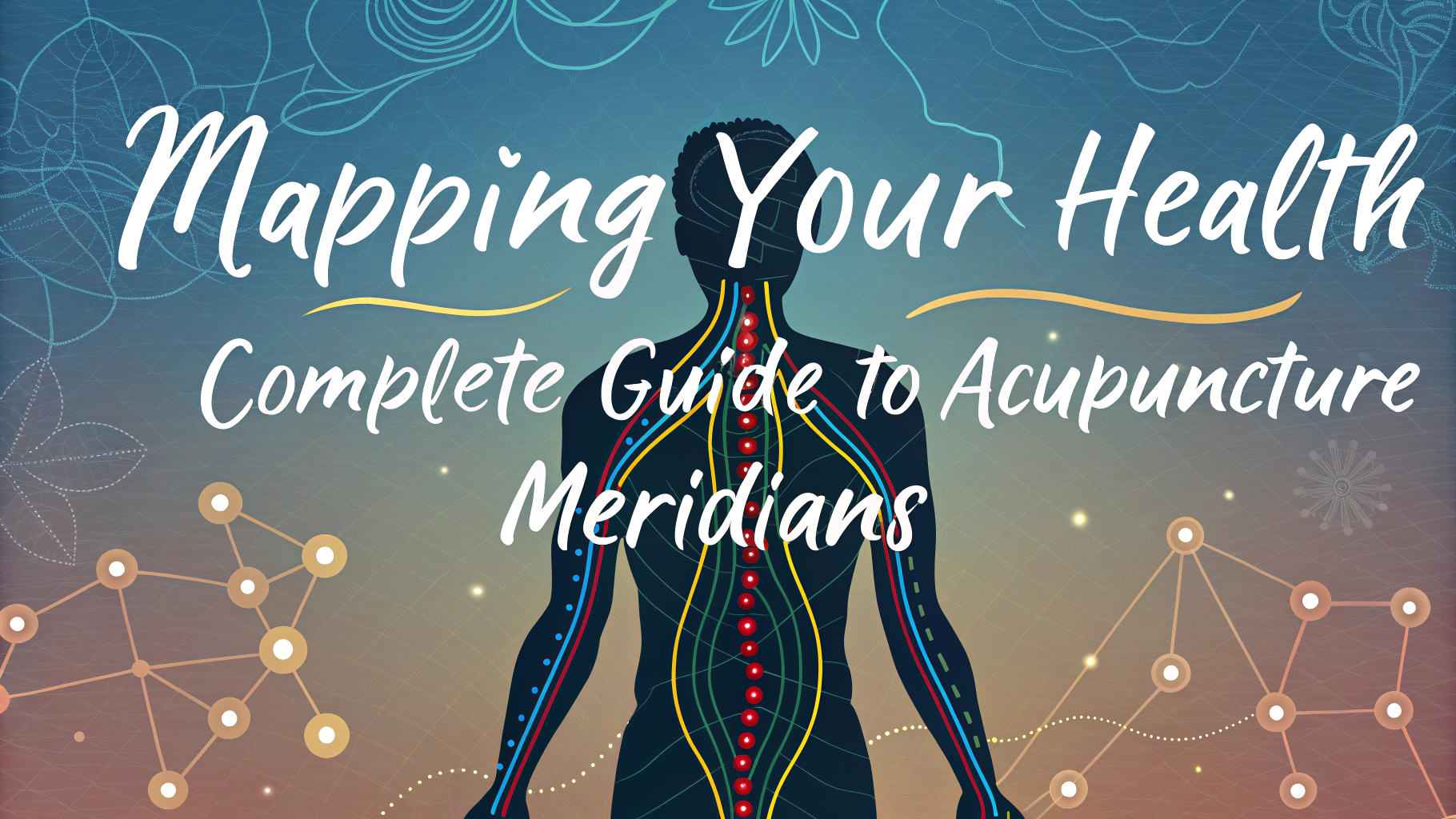
Traditional Chinese Medicine Weather Theory
Fundamentals
|
environment, health
Traditional Chinese Medicine (TCM) recognizes intricate connections between weather patterns and human health, developing sophisticated frameworks for understanding these relationships over thousands of years. Weather changes can significantly impact our ... Read more
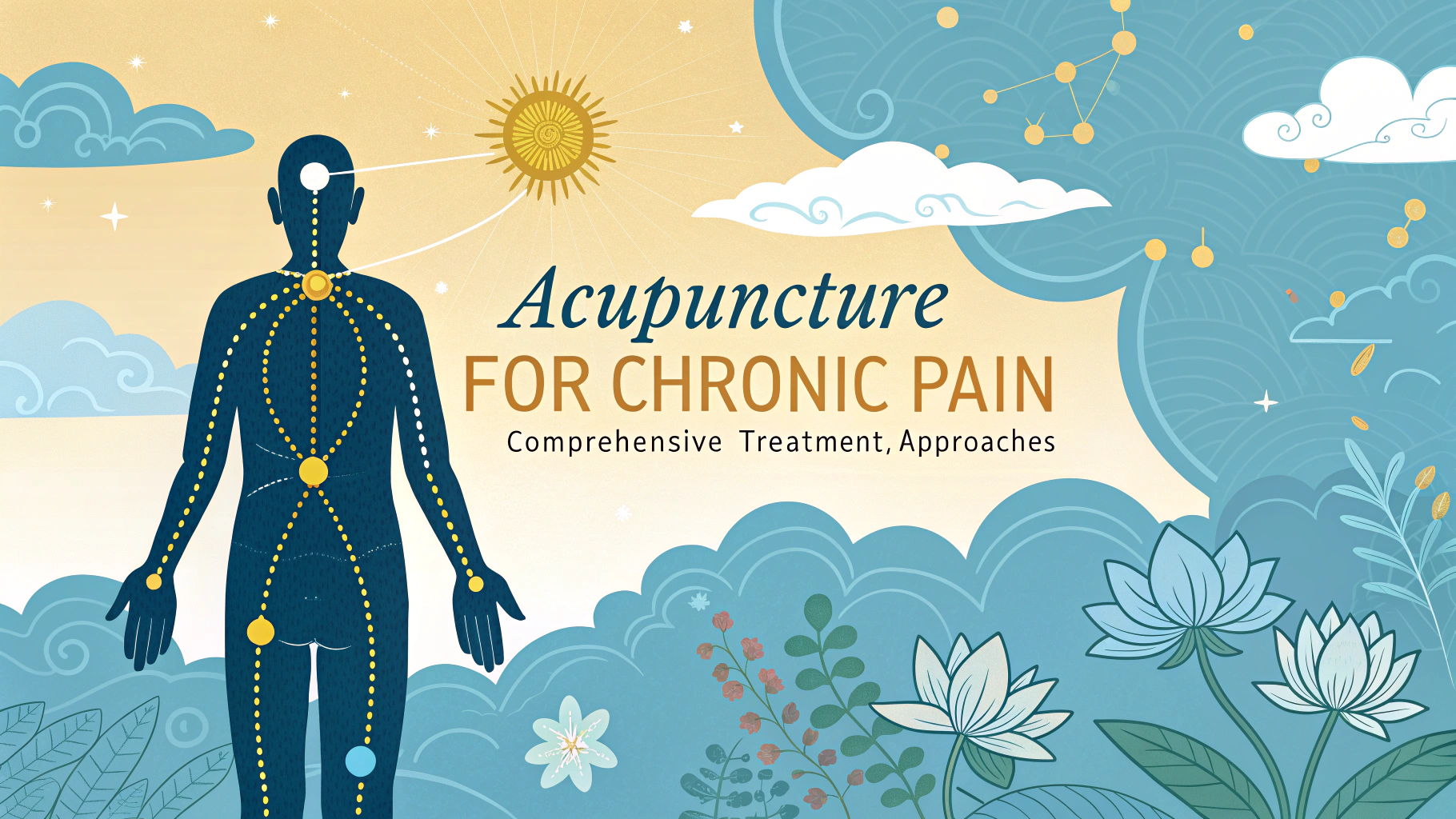
Acupuncture for Sinus Health
Conditions Treated
|
allergies, respiratory
Acupuncture offers a time-tested approach to managing sinus problems by targeting specific pressure points that can help relieve congestion, reduce inflammation, and restore proper sinus function. Traditional Chinese Medicine views ... Read more
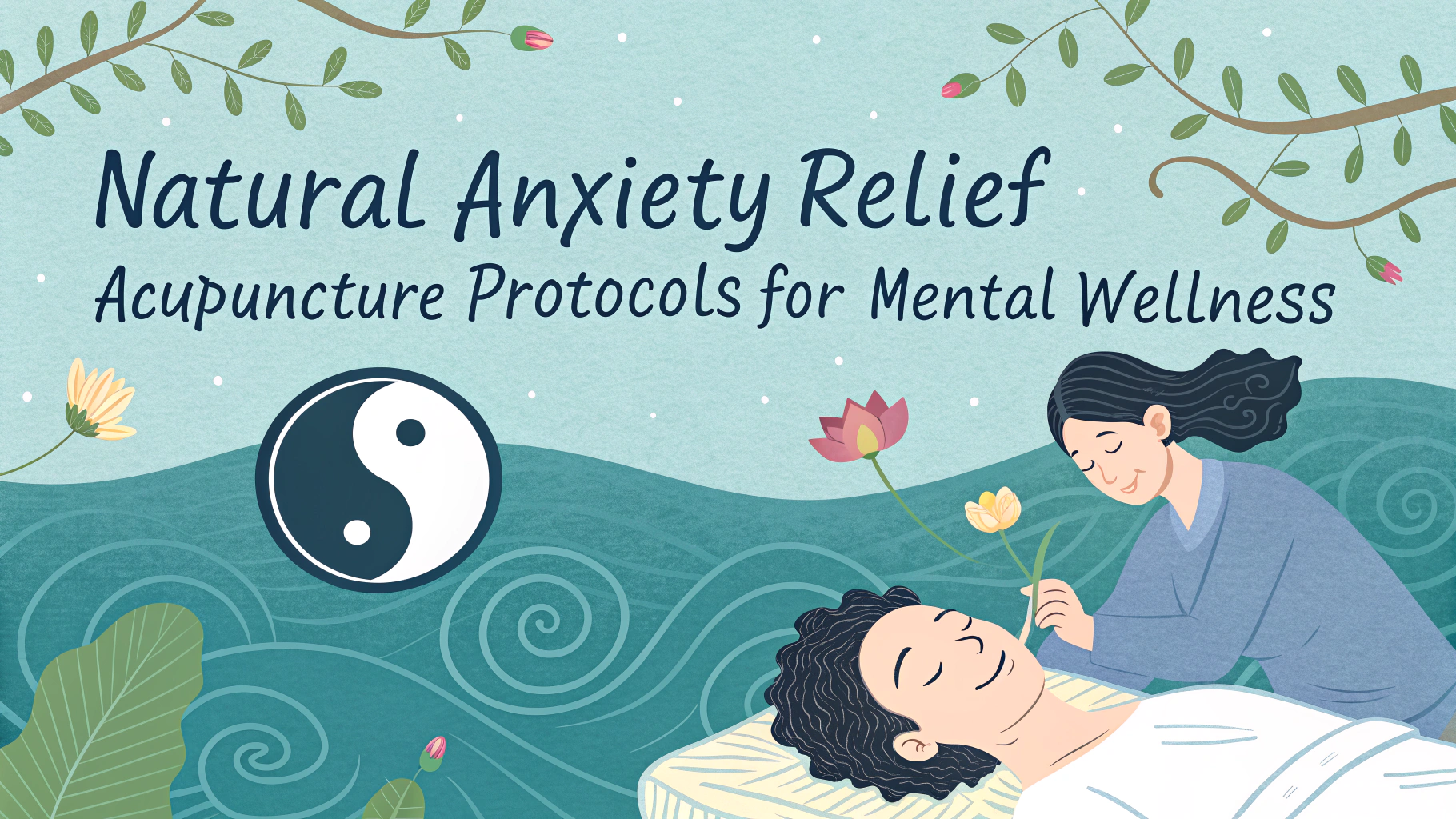
Understanding Point Selection
Fundamentals
|
technique, theory
Point selection stands as one of the most important aspects of effective acupuncture treatment. Skilled practitioners combine traditional wisdom with modern understanding to identify the optimal points for each patient’s ... Read more
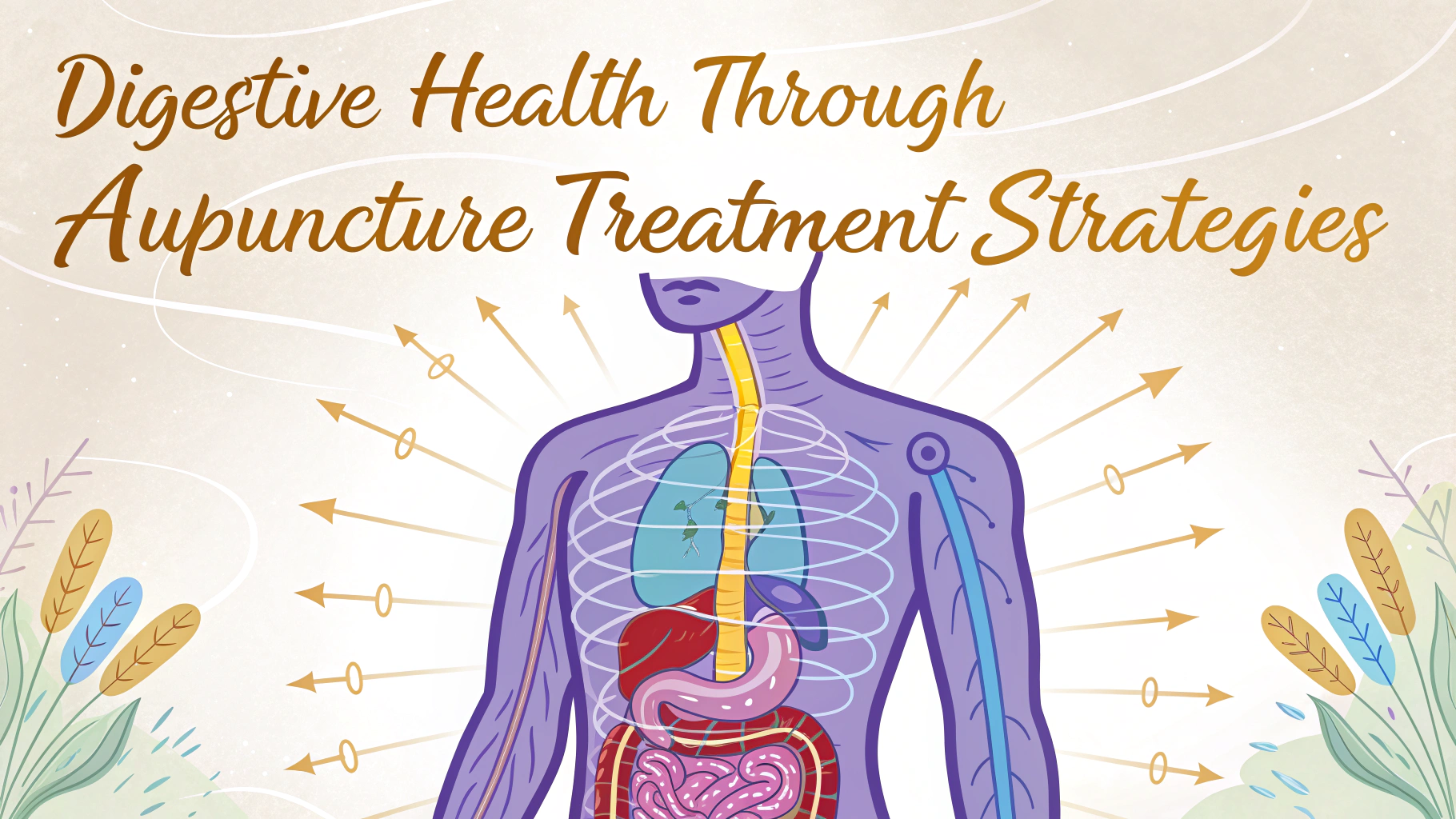
Treating Computer-Related Pain
Conditions Treated
|
ergonomics, pain
Computer-related pain affects millions of people who spend long hours working at their desks. Acupuncture offers a natural, effective treatment option for various musculoskeletal issues that develop from prolonged computer ... Read more

Acupuncture for Lymphatic Health
Conditions Treated
|
circulation, immunity
Acupuncture offers a time-tested approach to supporting lymphatic health through strategic needle placement and gentle stimulation techniques. This ancient Chinese medicine practice helps activate lymph flow, reduce swelling, and enhance ... Read more
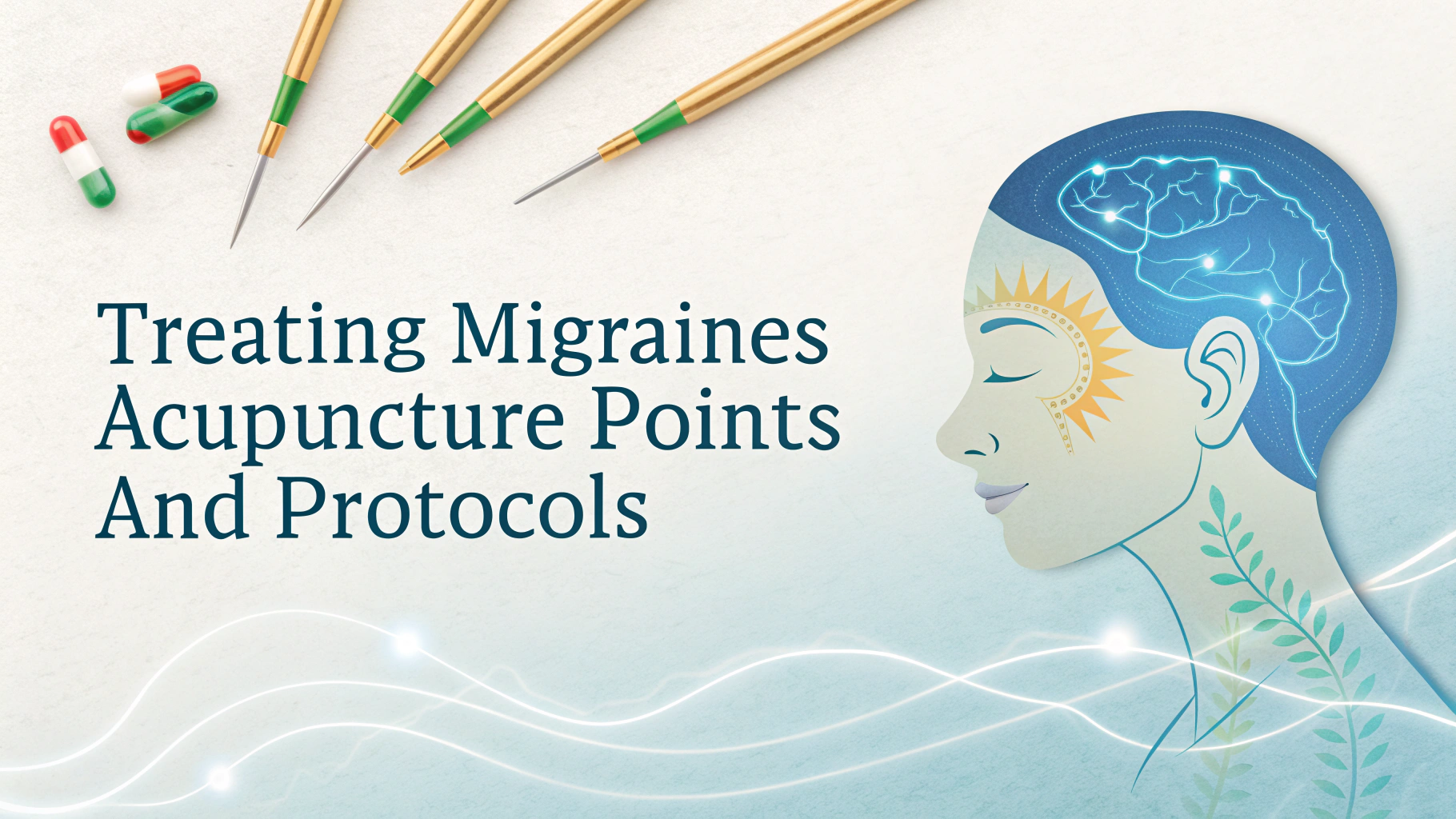
Understanding Treatment Intervals
Treatment Guides
|
frequency, scheduling
Treatment intervals for acupuncture can significantly impact the effectiveness of your healing journey. The frequency of acupuncture sessions depends on your specific health condition, severity of symptoms, and overall treatment ... Read more
